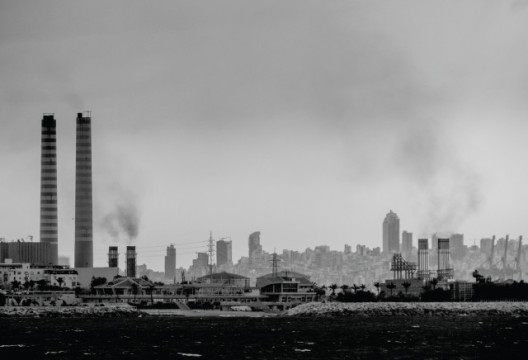
Ali Ahmad | Friday, January 11, 2019

Let this sink in, dear reader: In 2019, in a “do nothing” scenario, power generation by private diesel generators is projected to exceed that of Electricité du Liban!
It is hardly surprising that we have reached this stage, given the level of dysfunction in our public institutions. For now, how can we move beyond policy paralysis in the energy sector? How can the interests of the Lebanese public take precedence over petty political bickering? Before I answer these questions, here is a recap of Lebanon’s energy realities: Energy sector failings have been a major contributor to the country’s dire economic and fiscal state. Since 1992, the share of energy sector spending, including subsidies, has totaled more than 36 billion USD, which is around 40 percent of Lebanon’s public debt. Despite the scale of spending, the energy sector remains characterized by high inefficiencies and costs and a widening gap between supply and demand that is covered by polluting and expensive diesel generators.
Why is a national dialogue needed?
Given the scale and gravity of the issues and more importantly, the tightly interlaced political and economic systems, Lebanon is unlikely to resolve its energy sector crisis without a concerted national effort. Reforming Lebanon’s power sector not only requires solid analytical assessment and technical solutions, it also requires (real) national unity that transcends political “wins” and narrow sectarian and regional gains here and there.
A national dialogue on Lebanon’s short- and long-term energy future is critical because:
Who should take the initiative?
The President of the Republic should head up the effort. The Presidency has previously called for and hosted national dialogues on Lebanon’s most polarizing and divisive issues. The current rift among political parties on Lebanon’s energy planning and reform in the sector is not only deepening the political divide in the country, it is also draining Lebanon’s budget, increasing the country’s risk profile and destabilizing already shaky public institutions.
Initiating a national dialogue on the energy sector is not (and should not be) meant to bypass the role of the Minister or the Ministry of Energy and Water Resources. A national dialogue would help enabling these institutions to function properly under the authority of a powerful cross-party mandate. Having such a mandate would certainly improve the Ministry and government’s negotiating position when engaging with the private sector, international banks, etc. The Ministry of Energy and Water Resources currently has within its ranks many competent technocrats and civil servants who can be an asset in shaping the draft strategic plan that would be put on the dialogue table, and who would be key to implementing it at later stages.
What issues to put on the table?
This list is by no means a comprehensive one of all of the issues Lebanon’s energy sector faces. However, reaching a consensus on how to approach them would be a significant step toward addressing its other challenges.
Ali Ahmad, Director, Energy Policy & Security Program, Issam Fares Institute for Public Policy and International Affairs, American University of Beirut. In line with its commitment to furthering knowledge production, the Issam Fares Institute for Public Policy and International Affairs publishes a series of weekly opinion editorials relevant to public policies. These articles seek to examine current affairs and build upon the analysis by way of introducing a set of pragmatic recommendations to the year 2019. They also seek to encourage policy and decision makers as well as those concerned, to find solutions to prevalent issues and advance research in a myriad of fields. The opeds published by IFI do not reflect the views of the Issam Fares Institute for Public Policy and International Affairs at the American University of Beirut and are solely those of their authors.